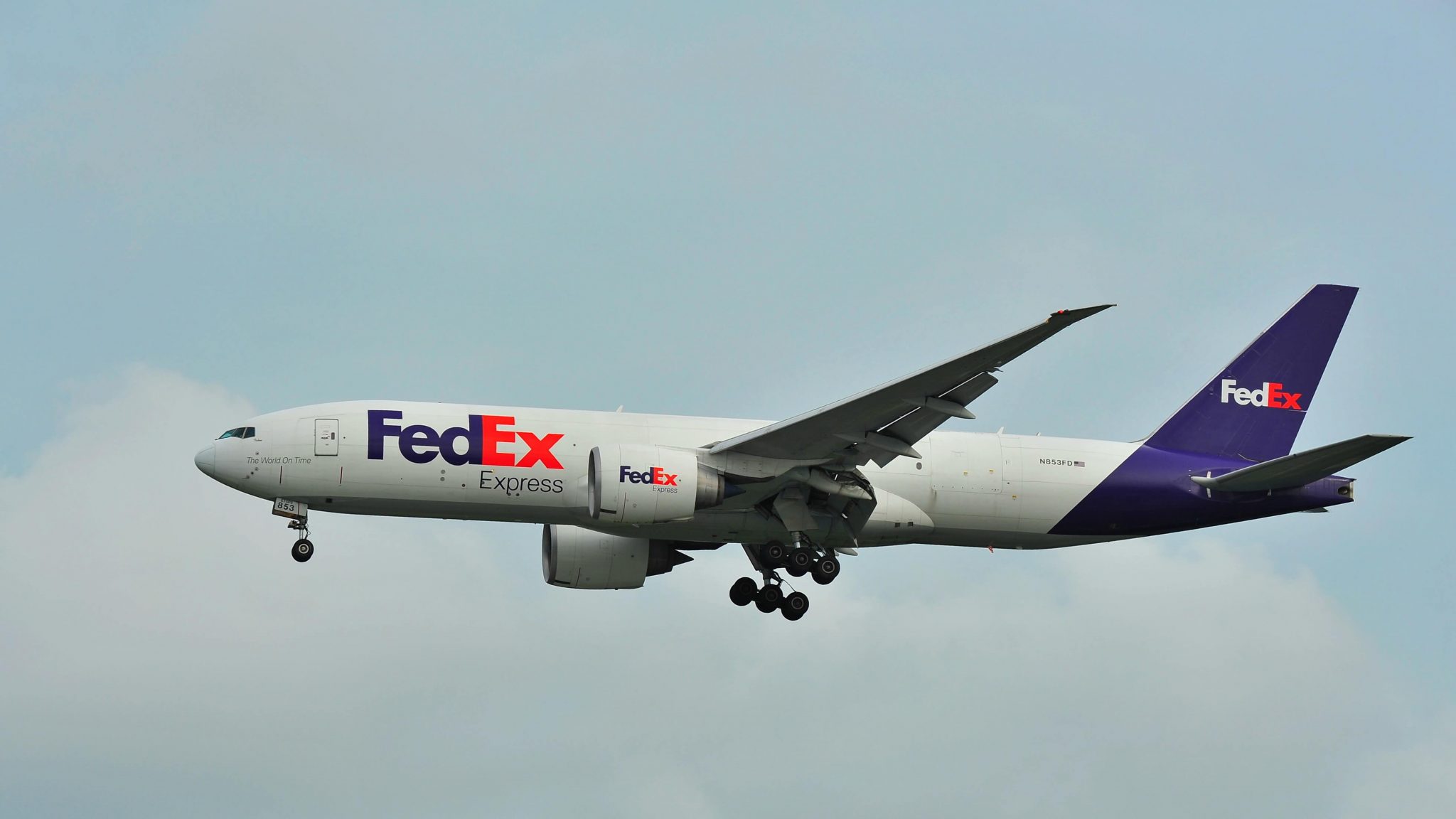Fedex's operating income fell from USS $1.68 billion to US $1.21 billion during the second quarter of 2022, driven in part by a 64% fall in operating income for its Express division.
The cargo giant said weaker demand played a part in the Q2 results, but added it had mitigated the impact by cutting costs, which it said included "structural air network changes and the temporary parking of aircraft".
Operating income was up 24% and 32% respectively for Fedex Ground and Fedex Freight - increases aided by package yield increases but offset by rising costs such as wages.
Diluted earnings per share came in at US $3.18, Fedex said.
Fedex said it is "prioritising actions to quickly reduce costs in order to align fiscal 2023 costs with weaker-than-expected volume", adding it "has identified an incremental US$1 billion in cost savings beyond its September forecast". Application of those cuts would mean Fedex said, saving "approximately US$3.7 billion relative to its initial fiscal 2023 business plan".
“The FedEx team moved with urgency to make rapid progress on our ongoing transformation while navigating a weaker demand environment,” said Raj Subramaniam, FedEx Corp. president and chief executive officer. “Our earnings exceeded our expectations in the second quarter driven by the execution and acceleration of our aggressive cost reduction plans. At the same time, we continue to focus on delivering excellent service for our customers", he added.
Analysts at financial services firm Cowen warned cost-cutting would need to continue at Fedex as it is "unlikely that flight frequencies will reach peak pandemic levels in the medium term

